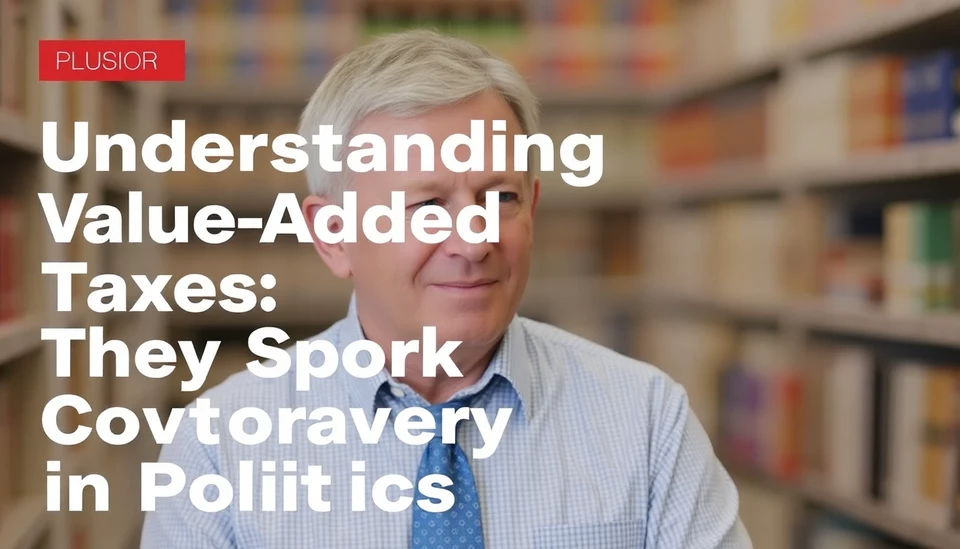
A newfound study has revealed an unexpected trend in Britain: despite ongoing economic challenges, the nation’s poorest generation seems to experience higher levels of overall happiness compared to their wealthier counterparts. The findings suggest that wealth does not necessarily equate to contentment, leading to discussions on societal values and the impact of materialism on mental well-being.
Traditional expectations of happiness often correlate with financial stability and material wealth. However, the reality painted by this latest research indicates a compelling narrative countering this common belief. Various factors contribute to this perplexing phenomenon, including a strong sense of community support, resilience in the face of adversity, and a shift in priorities towards more meaningful life experiences.
Researchers conducted surveys across different demographics, focusing specifically on generations categorized as 'poor' and 'wealthy.' Astonishingly, respondents from lower socioeconomic backgrounds reported more cheerfulness and life satisfaction than those in higher income brackets. This trend raises critical questions about the way happiness is defined and pursued in contemporary society.
Many of the poorer respondents cited close relationships with family and friends as pivotal sources of joy. In contrast, wealthier individuals often identified their busy lifestyles and constant pursuit of success as factors contributing to stress and dissatisfaction. This generational divide underscores the significance of connections over material possessions and corporate success.
Experts suggest that younger generations are redefining success and happiness by focusing on mental health, social connections, and fulfillment rather than solely on economic achievements. Themes of gratitude, community bonds, and a simplified lifestyle have emerged as prevalent ideals among those who are less financially fortunate.
As conversations around wealth disparity and social equity grow increasingly relevant, these findings challenge the narrative that equates happiness strictly with financial gain. They prompt a broader discourse about values, community, and potential paths toward a more content and equitable society for all generations.
In conclusion, as the United Kingdom navigates economic uncertainty, the happiness of its poorest generation serves as a reminder that fulfillment comes in various forms, and often from places we least expect.
#Happiness #Wealth #SocialEquity #CommunitySupport #MentalHealth #UKResearch #GenerationalHappiness
Author: Daniel Foster




